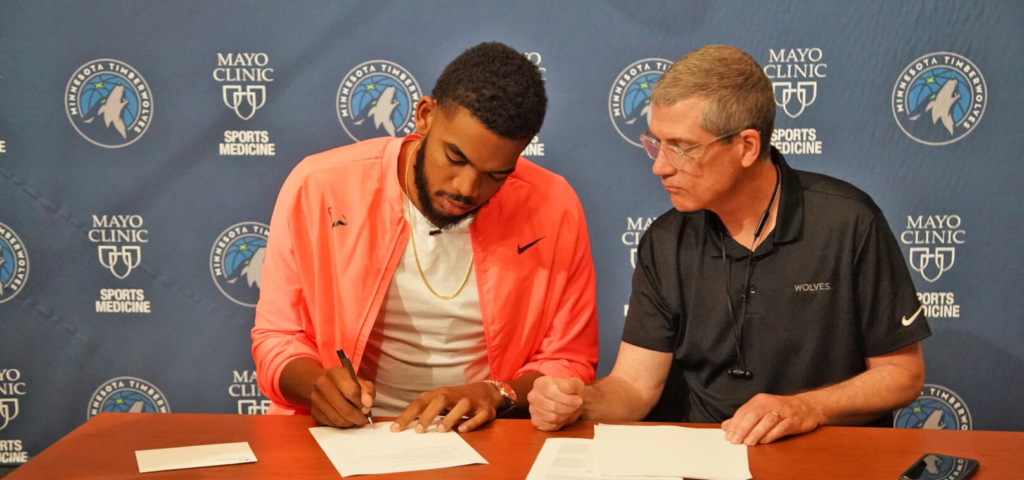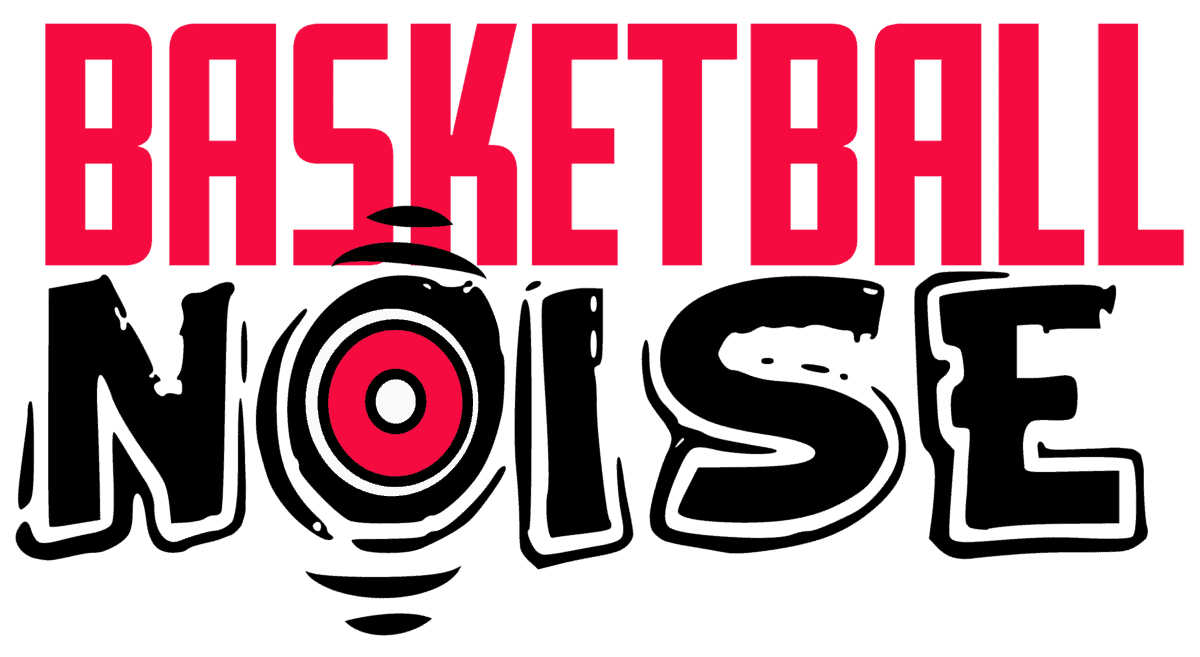A professional NBA player is simply a job. Sure, it’s an extremely well-paying job, and a job millions around the world would love to have, but it’s still a job. Players have contracts with salaries, benefits, and bonuses, and they have obligations to their employer (the team). And indeed, as it is with many jobs, contracts are a big, necessary, and often conflict-causing aspect of being in the NBA.
How long is an NBA contract? The length of a standard NBA contract, known as the Uniform Player Contract, is up to 4 years. The length of an NBA contract varies based on the desired length proposed by the team and player, as well as stipulations such as a player’s experience in the league. Circumstances can allow contracts to be extended beyond the agreed length or terminated before the total length of the contract is played out. Designated player contracts can be offered in some situations with a 5th year attached.

When do NBA players sign an NBA contract?
NBA players sign their first NBA contract when they join the league, known as their rookie contract. After that, players can sign a new contract at various times, usually at the expiry of their original contract, known as free agency. In free agency, players may sign a contract with their previous team or any other team. Quite often, NBA players sign contract extensions while they are still under terms of their original contracts, which is done before their contract expires.
What are the clauses and stipulations present in an NBA contract?
There are many stipulations and clauses present in an NBA contract, so much so that a standard NBA contract is 45 pages long. A large portion of the contract (28 pages) is full of stipulations and clauses that cannot be negotiated, and are pre-set. These clauses are agreed upon in CBAs between the NBA and NBA players’ association (NBAPA).
The majority of the clauses and stipulations are to protect the players and teams and to make sure that they fulfill the obligations that they are contractually bound to. For example, for a player to perform for the team, he must stay away from activities that can bring about injury, hence there are clauses that forbid players from certain activities that pose a high risk of injury.
There are also clauses and stipulations that are placed to uphold the integrity and reputation of the player, the team, and the NBA. For example, the NBA has an anti-drug policy placed in player contracts.
What are the salaries and benefits included in an NBA contract?
Salaries for an NBA player are dependent on the salary cap, which is the total amount of money an NBA team has available to offer players, as well as their performance and experience in the league. Salaries for different contracts are calculated either as a percentage of the salary cap or as (a percentage of) the average salary; whichever amount is greater is the salary provided. Salary structures also either increase by 5% or 8% every year, or decrease by 5% or 8% every year (this does not impact the total amount of salary, but rather the structure of the payments). Benefits usually include performance-based bonuses included in the contract, such as making an All-NBA team.
What are the different types of NBA contracts, and who is eligible to receive them?
There are several types of NBA contracts, of which the main ones are covered here. The first contract an NBA player will sign is their rookie contract, known as the Rookie Scale Contract. The contract is for two years, after which the team has the option to extend for a third and fourth year. The salaries are based on a set rookie scale: in essence, the earlier a player was drafted, the higher their salary is. This scale was implemented to put an end to mega-contracts being given to NBA rookies. After the end of the rookie contract, eligible players can be given designated extensions based on certain criteria.
A designated veteran player contract is an up-to 5-year contract for players who are entering their 8th or 9th year in the league. They are paid 30% of their team’s salary cap, and cannot be traded for one year. An exception to this contract is more commonly known as the “supermax” contract, in which a player receives 35% of the team’s salary cap per season. The performance requirements for being eligible for a supermax are quite exclusive, and hence rarely awarded but fully deserved: only 6 players have received the supermax contract.
Other types of NBA contracts include the 10-day contract, which teams give to players who they want to try out or need for a temporary while. These contracts, along with other contracts that do not amount to a full season, are on a pro rate basis. Two-way contracts are for players who participate for an NBA team and for their G-League affiliate; the salary they receive is based on how many games they play in each league.
What happens to an NBA player’s contract when they are traded or released by their team?
When an NBA player is traded from one team to another, it has no effect on their existing contract. Being traded does not mean a player signs a new contract or renegotiates the terms of it, but rather, the team accepting the trade decides to accept the player’s contract as well. A similar process occurs for when an NBA player is released before the end of their contract, also known as being “waived.” The player is released from the team, and the team that released the player is still responsible for paying out the contract. If a player is signed by a new team (claimed off the “waivers” or unrestricted free agency), the player’s new team will have to take on what remains of the existing contract.
There is also an event known as the buyout, which is usually a player surrendering a portion of their contract to be released by the team. In this scenario, the team is only responsible for the portion of the contract not bought out (the amount the player did not give up), until the whole amount is paid or a new team takes on the player’s contract.
Contracts are long and complicated legal documents, but it is the basis of what is allowed and not allowed, and what is expected of NBA players. The length of a contract, and the subsequent salaries and bonuses, are often being retooled to ensure a player’s financial success as well as team success.
